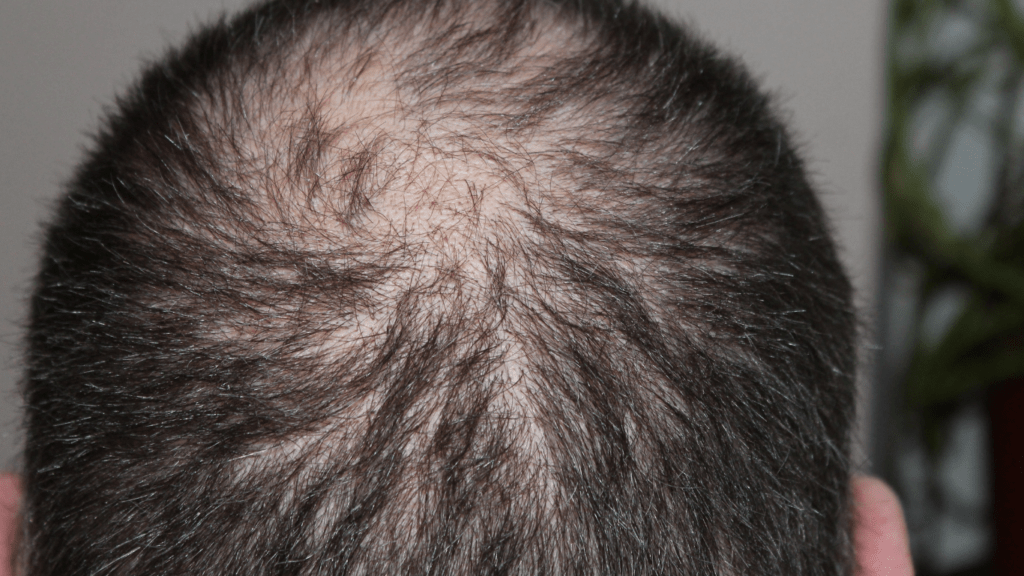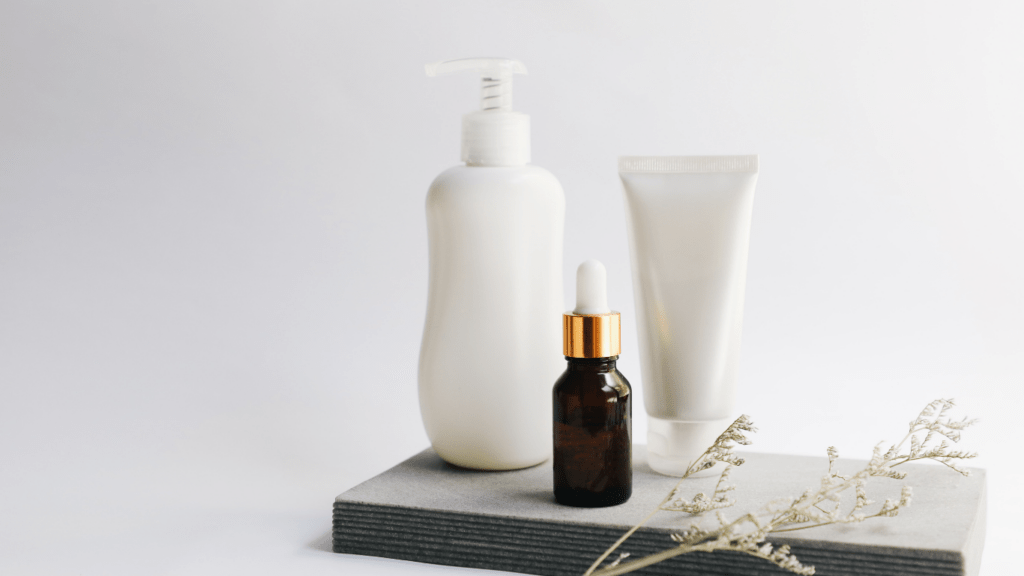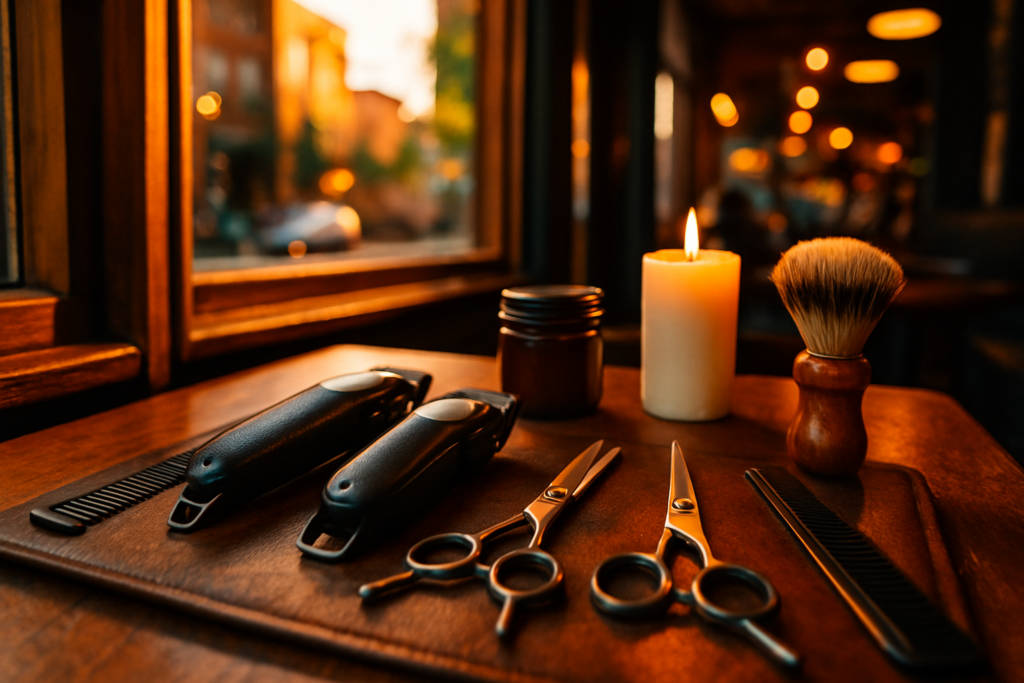Understanding Hair Loss
Knowing the reasons behind hair loss helps in taking effective measures.
Common Causes of Hair Loss in Men
Genetics play a significant role in male hair loss. Androgenetic alopecia, or male pattern baldness, is the most common genetic cause. Hormonal changes can also trigger hair loss, especially due to dihydrotestosterone (DHT).
Stress-induced hair loss, known as telogen effluvium, occurs when stress pushes hair follicles into a resting phase. Nutritional deficiencies, including lack of iron and vitamins, contribute to weakening hair. Medications for conditions like hypertension, depression, and cancer list hair loss as a side effect.
Early Signs to Watch For
Thinning on top of the head often marks the beginning of male pattern baldness. A receding hairline, particularly at the temples, is another early indicator.
Noticeable shedding of hair, especially after washing or brushing, signals a potential issue. Changes in hair texture, such as weakening or becoming finer, also point to early hair loss stages. If scalp becomes more visible, it could signify thinning hair, so it’s crucial to monitor these changes.
Diet and Nutrition
Proper diet and nutrition are vital for maintaining healthy hair. Balanced nutrition can slow hair loss and promote growth.
Essential Vitamins and Minerals
Vitamins and minerals play a crucial role in preventing hair loss. Including these nutrients can support hair health:
- Biotin: Found in eggs, nuts, and whole grains, biotin strengthens hair and promotes growth.
- Iron: Essential for oxygen transport to hair follicles, found in red meat, spinach, and lentils.
- Zinc: Supports hair tissue growth and repair, available in oysters, beef, and pumpkin seeds.
- Vitamin A: Vital for sebum production, keeping the scalp healthy, found in sweet potatoes, carrots, and kale.
- Vitamin D: Impacts hair follicle cycling, found in fatty fish, mushrooms, and fortified foods.
- Vitamin E: Acts as an antioxidant to protect hair cells, found in almonds, sunflower seeds, and spinach.
- Omega-3 Fatty Acids: Promote scalp health and hair growth, present in salmon, walnuts, and flaxseeds.
Foods to Avoid
Certain foods can negatively impact hair health:
- Sugary Snacks: Excess sugar can lead to insulin spikes, affecting hormone balance.
- High-Glycemic-Index Foods: White bread, pastries, and sugary cereals can trigger inflammation, hampering hair health.
- Processed Foods: Contain unhealthy fats and preservatives, disrupting nutrient absorption.
- Trans Fats: Present in fried foods and baked goods, linked to increased DHT levels, causing hair loss.
- Alcohol: Excessive consumption dehydrates and depletes essential nutrients, affecting hair follicles.
Strategic dietary choices can significantly contribute to preventing hair loss.
Hair Care Tips
Maintaining proper hair care plays a crucial role in preventing hair loss. Here are some essential tips to keep your hair healthy.
Choosing the Right Shampoo and Conditioner

Selecting the right shampoo and conditioner tailored to your hair type is vital. Opt for sulfate-free shampoos to avoid stripping natural oils. I recommend products formulated for your specific hair concerns, like dandruff control or moisturizing. Use conditioners that provide nourishment without adding excess weight.
Proper Washing and Drying Techniques
Washing and drying hair incorrectly can lead to damage. Use lukewarm water for washing, as hot water can strip oils and cause dryness. Gently massage the scalp using your fingertips to stimulate circulation.
Avoid rubbing your hair vigorously with a towel; instead, pat it dry to reduce breakage. Consider letting your hair air dry whenever possible to minimize heat damage from blow-drying.
Maintaining these practices can help preserve hair health and reduce the risk of unnecessary hair loss.
Lifestyle Changes
Adopting specific lifestyle changes can significantly prevent hair loss and improve overall hair health. These changes involve managing stress, incorporating regular exercise, and other key habits.
Stress Management
Stress triggers hormonal imbalances and can exacerbate hair loss. It’s essential to manage stress by practicing relaxation techniques.
- Meditation: Engaging in as little as 10 minutes of daily meditation, mindfulness exercises, or deep-breathing techniques helps reduce stress levels.
- Sleep: Ensuring 7-9 hours of quality sleep each night aids in stress reduction and promotes hair health.
- Hobbies: Pursuing enjoyable activities like reading, gardening, or painting alleviates stress by providing a mental break.
Regular Exercise
Regular exercise improves blood circulation, including to the scalp, which nourishes hair follicles and can prevent hair loss.
- Cardio: Engaging in 150 minutes of moderate-intensity cardio activities like brisk walking, cycling, or jogging each week boosts overall blood flow.
- Strength Training: Incorporating strength training exercises 2-3 times a week helps balance hormones that affect hair health.
- Yoga: Practicing yoga or pilates 2-3 times a week enhances circulation and reduces stress, benefiting both mind and hair.
Lifestyle changes profoundly impact men’s hair health. By managing stress and incorporating regular exercise, one can create an environment conducive to hair retention and growth.
Medical Treatments
Medical treatments can offer effective solutions for men aiming to prevent hair loss. Below, I’ll detail key over-the-counter options and prescription medications.
Over-the-Counter Solutions
Several over-the-counter solutions demonstrate efficacy in preventing hair loss. Minoxidil, found in products like Rogaine, is an FDA-approved topical treatment that stimulates hair follicles.
Users often see results with consistent application twice daily. Popular biotin supplements also support hair health, leveraging keratin production. Shampoos containing ketoconazole, an antifungal agent, help reduce inflammation and promote a healthier scalp environment.
Prescription Medications
Prescription medications can prove highly effective for those experiencing significant hair loss. Finasteride, sold under the brand name Propecia, reduces dihydrotestosterone (DHT) levels which contribute to hair follicle shrinkage.
This oral medication typically requires daily use, showing noticeable results within three to six months. Another option, Dutasteride, works similarly to Finasteride but is often used in higher doses. A dermatologist can determine the most suitable medication based on individual needs.
Natural Remedies
Natural remedies offer several effective options for preventing hair loss. I’ll explore herbal treatments and home remedies that can help maintain hair health and minimize shedding.
Herbal Treatments
Herbal treatments use plant-based ingredients known for supporting hair growth and scalp health. I recommend considering:
- Saw Palmetto:
Known for reducing DHT levels, saw palmetto can slow hair loss in men. Topical solutions and oral supplements are common forms. - Aloe Vera:
Aloe vera soothes the scalp and promotes hair regeneration. You can apply aloe vera gel directly to the scalp or use products containing aloe vera. - Rosemary Oil:
Rosemary oil enhances blood circulation in the scalp, encouraging hair growth. Mixing a few drops with a carrier oil and massaging the scalp can yield results. - Ginseng:
Ginseng strengthens hair follicles and supports new hair growth. Ginseng extracts in shampoos and serums are effective ways to incorporate it into your routine.
Home Remedies
Home remedies use natural ingredients easily found in most kitchens to prevent hair loss. These options are simple yet beneficial:
- Coconut Oil:
Coconut oil hydrates and strengthens hair. Massaging warm coconut oil into the scalp may reduce breakage and promote healthier hair. - Onion Juice:
Onion juice boosts collagen production and promotes hair growth. Blend onions and extract the juice, then apply it to the scalp for about 30 minutes before rinsing. - Green Tea:
Green tea contains antioxidants that are good for hair growth. You can use brewed green tea as a rinse during your hair wash. - Egg Mask:
Eggs provide protein essential for hair health. Mix an egg with olive oil or honey and apply it as a mask to nourish the hair and scalp.
Incorporating these natural remedies into your routine can offer an effective approach to preventing hair loss.



 Founder & Hair Care Specialist
Edwardenn is the visionary force behind the website, with a deep passion for promoting healthy, beautiful hair. With years of experience in hair care and wellness, Edwardenn founded this platform to offer the latest hair care news, health tips, and expert advice. His mission is to empower individuals to understand and care for their hair, no matter their hair type or goals.
Founder & Hair Care Specialist
Edwardenn is the visionary force behind the website, with a deep passion for promoting healthy, beautiful hair. With years of experience in hair care and wellness, Edwardenn founded this platform to offer the latest hair care news, health tips, and expert advice. His mission is to empower individuals to understand and care for their hair, no matter their hair type or goals.

